A new survey of some 129 writers and journalists in Canada showed many were concerned about government, police, and corporate surveillance of their work and habits.
Many said that changed what they wrote and how they did research, in other words, self-censoring their work.
That is a threat to democracy says James L Turk.
He is a distinguished visiting professor and the director of the Centre of Free Expression in the Faculty of Communication and Design at Ryerson University in Toronto.
Listen
The report on the survey was called, Chilling Free Expression in Canada, (link below)
The survey was conducted by the Centre for Free Expression at Ryerson University, in collaboration with PEN Canada and the Canadian Association of Journalists.
It showed that about a quarter of writers and journalists reported that they avoid writing about certain topics because of government and corporate surveillance. A fifth said they refrain from conducting internet searches or visiting web sites on topics that may be considered controversial or suspicious.
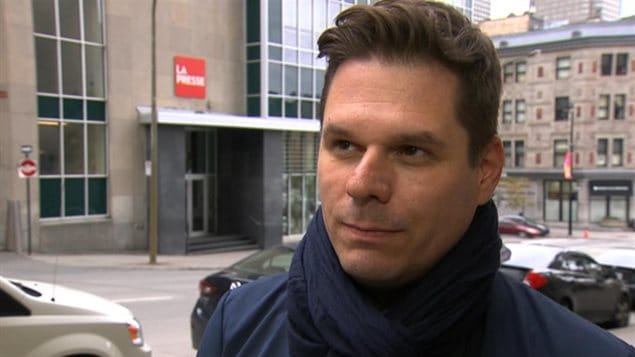
The survey also revealed a high concern about corporate tracking of data and of corporate willingness to hand information and data about personal use over to government agencies.
Turk says writers and journalists are the eyes and ears of society, a watchdog, and that such a “chill” limits what the public learns about such things a corruption, waste, incompetence and even any illegal activity by officials or corporations, It does this by limiting what journalists are willing to risk writing about, and also putting a chill into potential whistle-blowers and sources.
The survey was taken in May and June, before events this month which revealed Montreal police had been collecting data from a journalist to track down his sources. In an interview later Patrick Lagace said, “ I was furious. I didn’t think that in this country, we could so easily spy on a journalist for such flimsy motives.”
RCI- Stingray cell phone tracking
As the story continued, it was later revealed that the Quebec Provincial police had conducted similar data and conversation collecting of at least six other journalists.
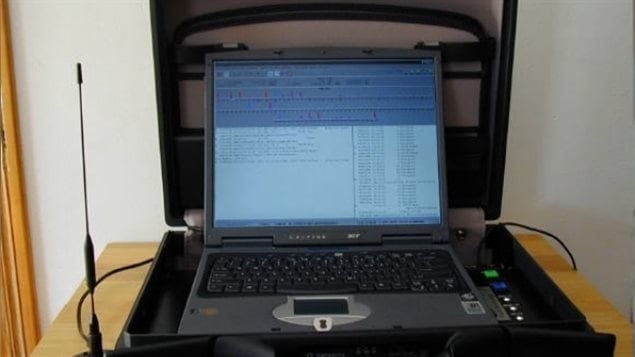
Canada’s top police officer is now lobbying the government for more power to access digital data saying they are being blocked in important investigations
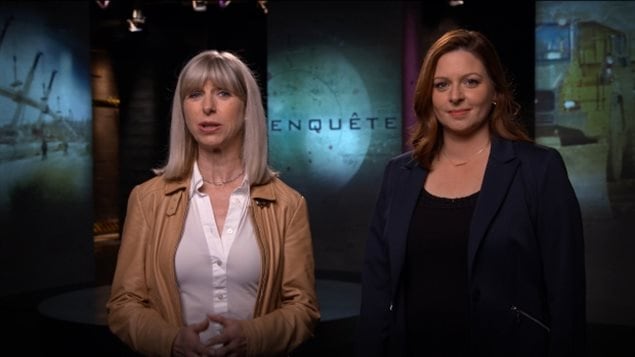
Threat to democracy?
Turk says that he doubts democracy can survive if governments and police have unfettered access to citizens digital information. He wonders about the outcome if past totalitarian regimes had current levels of digital access to their citizens digital activities.
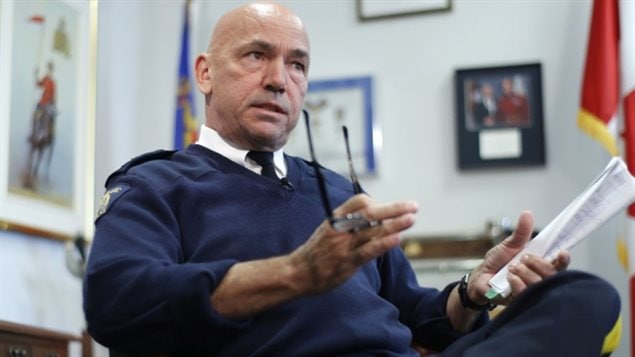
From the report Chilling Free Expression in Canada Canada’s electronic spy agency sifts through millions of videos and documents downloaded online every day by people around the world… Under [CSEC’s project] Levitation, analysts … can access information on about 10 to 15 million uploads and downloads of files from free websites each day…
additional information- sources
- Chilling Free Expression-Report (pdf)
- Citizen Lab- backgrounder on digital surveillance
- Gov’t of Canada- Online consultation National Security
- Montreal Gazette: Jesse Feith- Lagace case surveillance
- Canadian Press (via Huff Post)- Lagace case
- CBC- Nov 16- RCMP –new powers
- CBC- The Current- journalist surveillanc
- CBC- six journalists spied on
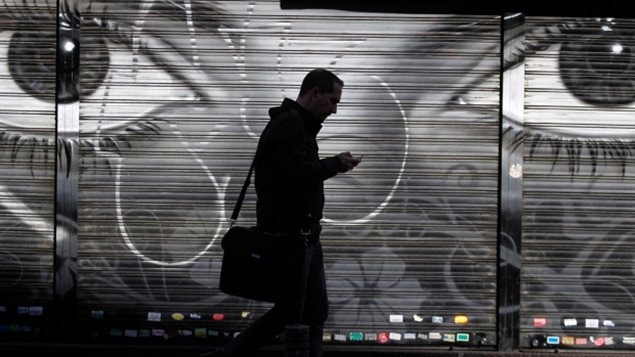






For reasons beyond our control, and for an undetermined period of time, our comment section is now closed. However, our social networks remain open to your contributions.